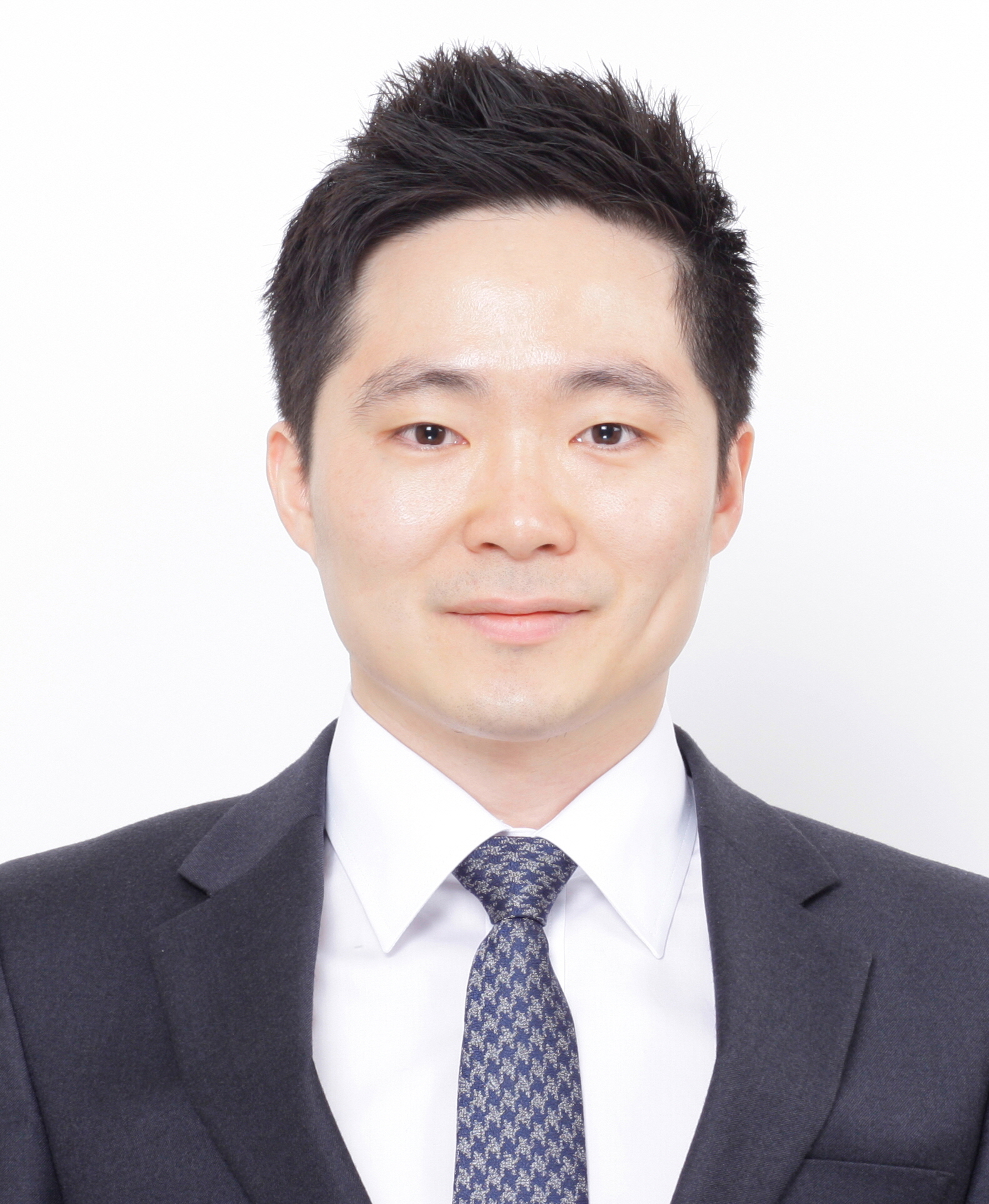Detoxing Nuclear Waste using Molten Salts: Can Nuclear Power be Unchained from Nuclear Proliferation?
 SPEAKER:
SUNGYEOL CHOI
Assistant Professor of Nuclear and Quantum Engineering, Korea Advanced Institute of Science and Technology (KAIST)
DATE/TIME:
MON, 09/30/2019 – 4:00PM TO 5:00PM
LOCATION:
3105 ETCHEVERRY HALL
Fall 2019 Colloquium Series
Abstract:
SPEAKER:
SUNGYEOL CHOI
Assistant Professor of Nuclear and Quantum Engineering, Korea Advanced Institute of Science and Technology (KAIST)
DATE/TIME:
MON, 09/30/2019 – 4:00PM TO 5:00PM
LOCATION:
3105 ETCHEVERRY HALL
Fall 2019 Colloquium Series
Abstract:
Regardless of aqueous and non-aqueous techniques, conventional reprocessing is not accessible for many countries running nuclear power plants due to Pu diversion concerns. Considering that only some of the fission products present in used nuclear fuel dominate the environmental impact of a final waste repository, removing them selectively whilst retaining the actinides in solid mixtures would be a major breakthrough. This goal could be achieved using molten salt oxide reduction. This process may also allow for the conversion of high-level waste into low and intermediate-level waste. This talk will present a research approach combining electrochemical processes, laser spectroscopic monitoring, and computational modeling, to move towards a more sustainable approach for used fuel management.
About the Speaker:Sungyeol Choi is Assistant Professor, Department of Nuclear and Quantum Engineering and Deputy Director, Nuclear Nonproliferation Education and Research Center at Korea Advanced Institute of Science and Technology (KAIST). Previously, he was Research Fellow at Belfer Center for Science and International Affairs, Harvard University, and Senior Researcher at Korea Atomic Energy Research Institute. He earned B.S. (2008) and Ph.D. (2012) in Nuclear Engineering from Seoul National University. His research interests include used nuclear fuel management, radioactive waste treatment, nuclear security, and reactor coolant chemistry.